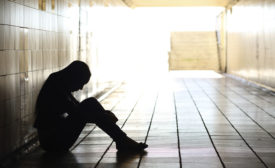Today's Safety News
FairWarning Reports
In 2015, motorcycle crashes helped drive highway death toll to highest level in years
May 24, 2016
Become a Leader in Safety Culture
Build your knowledge with ISHN, covering key safety, health and industrial hygiene news, products, and trends.
JOIN TODAYCopyright ©2025. All Rights Reserved BNP Media.
Design, CMS, Hosting & Web Development :: ePublishing








